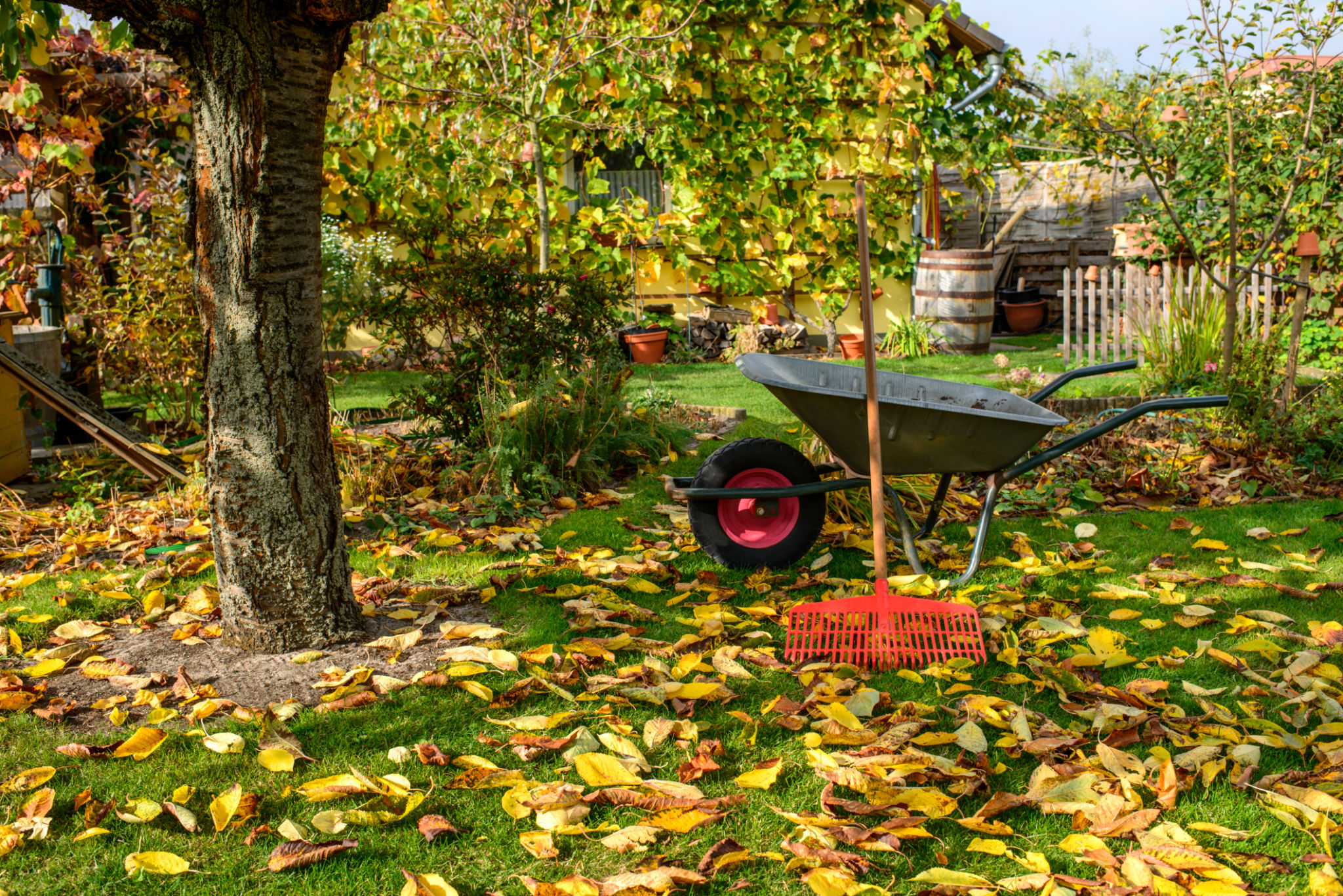How to Prepare Your Landscape for the Changing Seasons in Oregon
Understanding Oregon's Unique Climate
Oregon's diverse climate presents unique challenges and opportunities for gardeners and landscapers. From the coastal rainforests to the high desert, each region requires a tailored approach to seasonal preparation. Understanding the specific climate of your area is crucial to maintaining a healthy and vibrant landscape throughout the year.

Essential Tools for Seasonal Transition
Equipping yourself with the right tools is the first step in preparing your landscape for the changing seasons. Essentials include a sturdy rake for leaf collection, pruning shears for trimming overgrown branches, and a wheelbarrow for transporting debris. Having these tools on hand ensures you're ready to tackle any seasonal task efficiently.
Preparing Your Garden for Fall
As summer gives way to fall, it's important to focus on tasks that will protect your plants during the colder months. Start by removing dead or diseased plants to prevent the spread of pests or disease. Mulching is another crucial step, providing insulation to root systems and retaining moisture in the soil.

Winterizing Your Landscape
Winter in Oregon can bring unpredictable weather, making it essential to prepare your landscape accordingly. Begin by pruning trees and shrubs to reduce the risk of damage from heavy snow or ice. It's also a good time to aerate your lawn, allowing water and nutrients to penetrate the soil more effectively.
Spring Revival Tips
As temperatures rise, your landscape will begin to wake from its winter slumber. Early spring is the perfect time to fertilize your lawn and plants, giving them a head start for the growing season. Additionally, consider planting native species that thrive in Oregon's climate, which will reduce the need for excessive watering or maintenance.

Summer Maintenance Strategies
With summer's heat, maintaining adequate water levels becomes a top priority. Implementing a drip irrigation system can ensure your plants receive consistent moisture without excessive water waste. Regularly check for signs of heat stress in your plants, such as wilting or scorched leaves, and adjust your watering schedule as needed.
Embracing Sustainable Practices
Sustainable landscaping practices not only benefit the environment but can also enhance the resilience of your garden. Incorporate composting into your routine to enrich soil quality and reduce waste. Furthermore, consider using organic fertilizers and pest control methods to minimize chemical impact.

Final Thoughts on Year-Round Care
Consistent care and maintenance are key to a thriving landscape in Oregon's varying climates. By being proactive with seasonal preparations, you can ensure your garden remains healthy and beautiful year-round. Remember, nature is resilient, and with a little effort, your landscape can flourish no matter what the season brings.
